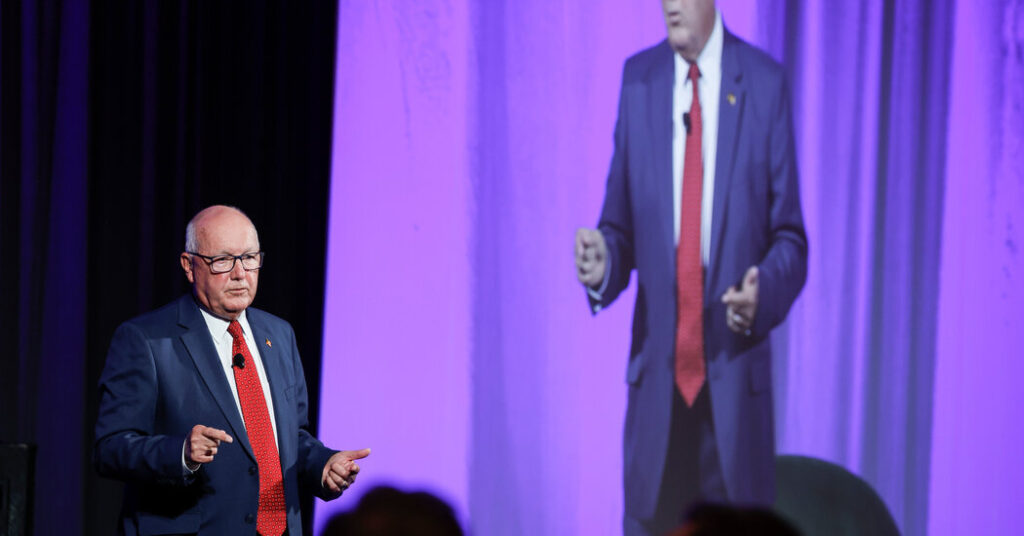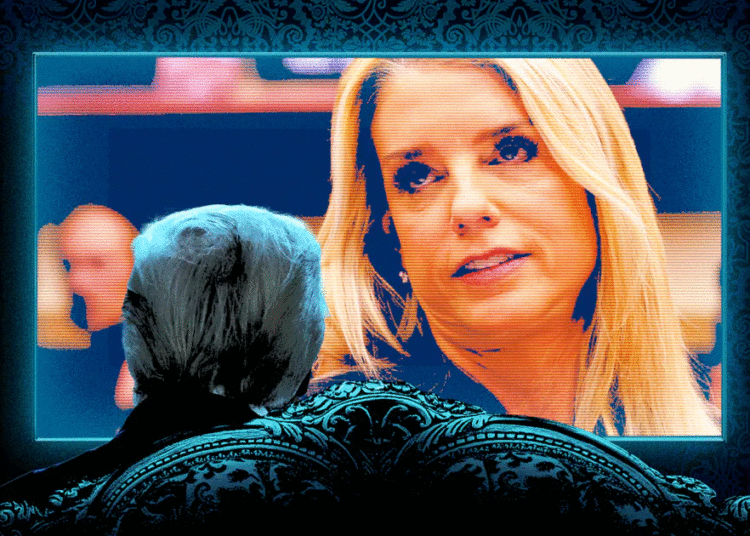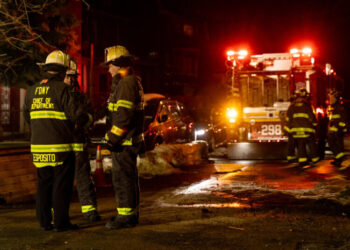Does an ambassador need to be diplomatic?
The U.S. envoy to Canada doesn’t seem to think so.
Pete Hoekstra, a former Republican Representative from Michigan appointed by President Trump to the important diplomatic post, is gaining notoriety in Canada for speaking bluntly about the poor state of relations between the two nations.
Last month he cornered the Ontario representative to the United States and publicly berated him at a formal function over an ad the province took out featuring an anti-tariff speech by President Ronald Reagan.
And on Wednesday evening, he doubled down on criticism of the ad and dismissed Canadians’ anger at Mr. Trump’s repeated threats to make Canada the 51st state, which is at the heart of the ruptured relationship between the two allies.
In his public appearances, Mr. Hoekstra, one of the founders of the Tea Party caucus, seems to faithfully channel president Trump’s rhetoric on Canada.
Many guests saw the expletive-ridden confrontation with David Paterson, the senior Ontario official, at the event in late October and described it as stunning in its ferocity and inappropriateness. The Times spoke to three people who were there who did not want to be named to discuss a sensitive topic.
The premier of Ontario, Doug Ford, who came up with the idea for the ad and authorized it, called on Mr. Hoekstra to apologize, calling his attack on Ontario’s envoy “absolutely unacceptable” and “unbecoming of an ambassador.”
“Pete, you’ve got to call Dave up and apologize. It’s simple,” Mr. Ford told the news media in response to the incident. The premier was not at the event but was briefed on what had transpired.
The U.S. Embassy in Ottawa declined to comment on the episode.
The ad caused a firestorm with Mr. Trump, and then Mr. Hoekstra, saying they viewed it as interference by Ontario in America’s internal affairs. Mr. Trump suspended trade talks after the ad aired and even threatened to hike tariffs on Canadian goods.
And while negotiations have been stagnant over the past four weeks, Prime Minister Mark Carney of Canada apologized to Mr. Trump for the ad, and the controversy seemed to have subsided — until Mr. Hoekstra brought it up again Wednesday.
“You do not come into America and start running political ads, government-funded political ads, and expect that there will be no consequences or reaction from the United States of America and the Trump administration,” Mr. Hoekstra told an audience at a manufacturing event in Ottawa on Wednesday evening.
He added that talks between the two countries would eventually restart, but that it was “not going to be easy.”
Mr. Trump’s insistence that Canada should be the 51st state fueled a patriotic movement that drove Mr. Carney to a stunning electoral victory in the spring. Together with the tariffs on Canadian goods, the souring of relations has led to a major negative shift in attitudes toward the United States among Canadians.
Mr. Hoekstra did not seem moved by Canadians’ hurt over the 51st-state talk.
“Here, I’ll just get myself in trouble,” he said in Ottawa on Wednesday. “I go around the country and people will say, ‘Pete, you just don’t understand why we’re so mad about the 51st state.’ Yeah, you’re right. I don’t.”
The U.S. Embassy in Ottawa did not immediately respond to a request for comment on Mr. Hoekstra’s statements on Wednesday.
It’s not the first time Mr. Hoekstra finds himself in trouble in an overseas posting. In 2020, while serving as U.S. ambassador to the Netherlands in the first Trump administration, he hosted an event at the U.S. embassy with a nativist, anti-immigrant Dutch party.
He also tried to deflect from falsely claiming in 2015 that the Netherlands, where Mr. Hoekstra was born, had Muslim-controlled “no-go zones” riddled with crime. He eventually retracted and apologized for the statements.
Three Canadian officials said that, from the government’s perspective, Mr. Hoekstra’s words were not just random musings, but rather a deliberate effort to turn up the heat on Canada as talks over trade remain stuck and the United States demands concessions in exchange for lowering remaining tariffs on key exports such as autos.
But they also noted that the ambassador was not part of the small group of American and Canadian officials negotiating a potential trade deal, unlike Mr. Hoekstra’s counterpart, the Canadian ambassador to the United States, Kirsten Hillman, who does have a crucial role.
Matina Stevis-Gridneff is the Canada bureau chief for The Times, leading coverage of the country.
The post U.S. Ambassador to Canada Channels Harsh Trump Tone appeared first on New York Times.




